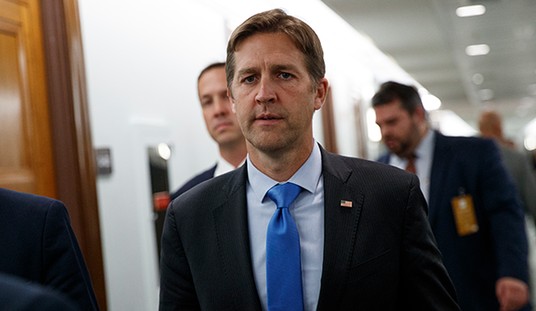Amy Alkon quotes a comment left on Rededit from someone who explains, “Why I stopped traveling to the US and I largely stopped doing business in the US.”
Maybe I missed it, but I can’t seem to find what country this person is flying in from, but anyone who’s flown in the US in recent years can relate:
With every trip I’ve taken to the US over the past 30 years, things have gotten a little worse every time. Things are now so bad that I have stopped visiting the US and i no longer have any clients in the US. Mostly because having clients in the US means having to go there. And I’ve grown to really dislike going to the US.I’m a photographer. I mainly do street photography now, but i still do the odd bit of contract work. I travel with expensive gear though not that much of it. I like to travel light. The INS do not like that. If I turn up with just my camera backpack and a small bag of clean underwear for a one week stay I usually have to spend a lot of time being interrogated for my lack of a huge suitcase. (I guess they suspect I live in the US illegally. Which borders on comical since nobody knows more about my travel patterns than the US government. Besides, my passport is usually filled with stamps that should tell them that I travel a lot and that even if I lived in the US, I spend most of my time flitting around the world)
Paranoid as the INS are, the TSA are even worse. Mostly because they are a huge bureaucracy where nobody seems to be accountable and their on-the-ground personnel are mostly people who had to choose from a range of other low paying jobs. On several occasions I’ve had expensive gear disappear from my carry-on during security checks and last year a TSA agent dropped my Canon 1D Mk3, smashing both the lens and the camera body. No apology, but more importantly: I was never compensated. I’m not rich and that camera (and the lens) was important to my livelihood. An expensive piece of kit lost that meant that I basically didn’t make any money that month.
Oh, and of course, now you have all this nonsense with pat-downs and backscatter X-rays which increases security with exactly zero percent and makes an already tense atmosphere even more tense. Well played.
Read the whole thing.
Meanwhile, on a macro scale, Brett Arends of the Wall Street Journal explores how the merger of the New York Stock Exchange and the German Borse may end up with American investors getting the short end of der shtick:
Even though our stock exchanges are going international, our regulations—and financial bureaucracy—aren’t.
This deal leaves the 2002 Sarbanes-Oxley Act looking increasingly anomalous. Sarbox drastically increased corporate governance rules and regulations on publicly traded companies. Companies will find it easier and cheaper to list on Deutsche Börse/NYSE in Germany than on the same company’s exchange here in the U.S. (And they will find it even cheaper and easier to list in London, where the regulations are still lighter, and more flexible.)
The net result: Companies, especially smaller ones, increasingly prefer to list on exchanges overseas. Small-company IPOs have boomed in London since Sarbanes-Oxley passed. And a number of really good European investment companies bar U.S. investors from their mutual funds. They just don’t want to deal with all the legal and regulatory problems.
Our excessive regulations go beyond Sarbanes-Oxley. U.S. securities markets are wrapped up in red tape, litigation risks and pointless bureaucracy that many overseas competitors simply don’t have.
We may be the only country in the world where company executives have to start their conference calls by explaining to stockholders that they may be about to make “forward-looking statements.” How many investors can’t spot the future tense without assistance? It’s only a tiny thing, but it is symbolic of an absurdity that runs very deep.
(It can now take half a day or more just to get a Wall Street analyst on the phone these days. First you have to go through a battery of gatekeepers. Interviewing an analyst in London: 10 minutes. I just call them direct.)
Back in the day when the U.S. market dominated the rest of the world, all these costs and red tape didn’t matter so much: Companies needed to come here anyway to raise money.
But, as this deal so clearly signals, those days are long gone.
Sarbanes-Oxley was passed in haste after the 2002 financial scandals. The aim was to “clean up Wall Street.” (You can see how well it worked.) If this deal helps spur Washington to revisit the law and rewrite it—now, that really might help investors. But I’m not holding my breath.
Fortunately though, faced with the prospect of losing much of the clout it had when it was the world’s financial center, New York City is planning ahead and spending its Federal “stimulus” funds wisely to make up the slack…










Join the conversation as a VIP Member